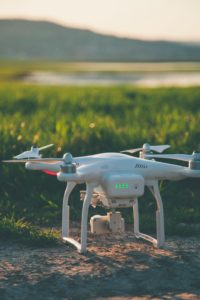Dear Border Bee clients,
Please note we are merging services with fellow customs broker Carson International. Carson will soon handle the clearances for all your shipments into Canada. We are excited to offer improved service in a number of areas while maintaining our SME-friendly approach.
What exactly is changing?
You will receive invoices for your clearances directly from Carson and their staff may contact you regarding shipment inquiries.
Is there anything I need to do?
No, we are handling the service transition for you.
Who should I contact if I need help?
Please continue to contact Border Bee directly at the following points:
T: (800) 604-4121
Please have your carriers send clearance requests directly to the contact information on our webpage footer.
****
Chers Clients,
Veuillez noter que nous fusionnons nos services avec un autre courtier en douane: Carson International. Nous sommes heureux d’offrir un service amélioré tout en maintenant notre approche favorable aux PME.
Qu’est-ce qui change exactement ?
Vous recevrez des factures pour vos dédouanements directement de Carson et son personnel pourra vous contacter concernant les demandes d’expédition.
Y a-t-il quelque chose que je dois faire ?
Non, nous gérons la transition de service pour vous.
Qui dois-je contacter si j’ai besoin d’aide ?
Veuillez continuer à contacter Border Bee directement aux points suivantes :
T: (800) 604-4121
Pour tous les dédouanements, veuillez envoyer les documents au point approprié indiqué en bas de notre site Web
